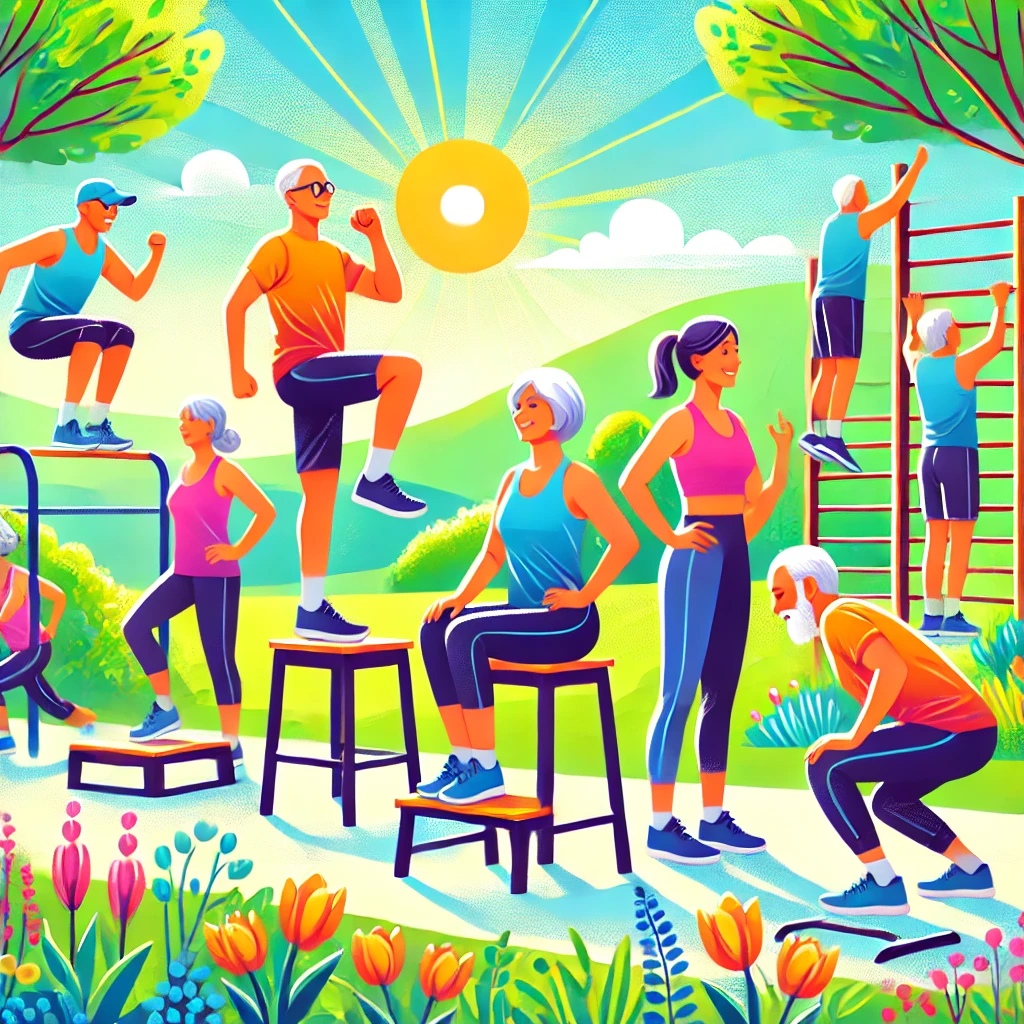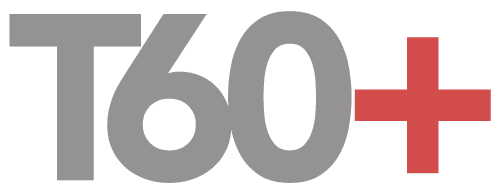Functional Life: Living Well for a Lifetime

Imagine your smartphone. When you first bought it, the phone worked great. It was fast, had a long battery life, and you loved it! Over time, wear and tear took its toll.
The battery doesn’t hold a charge, your apps don’t work quite as well, and you may even have broken your screen. Eventually, your phone will reach the end of its functional life—the point where it no longer performs as intended, even if it still technically turns on. Such is the way with many of our appliances, TVs, and other electronic devices around our house.
Our bodies do not have to be like our appliances
Our bodies, like our devices, have a functional life. The body has at best a lifespan of 120 years, but few make it past 100 yrs. The idea is not just to live longer, but to maintain a high level of function or healthspan. This means moving well, thinking clearly, and engaging fully in life—for as many years as possible.
The good news? Unlike your smartphone or other device, you can actively extend your functional life with the right habits. But don’t wait for divine inspiration, start now and pay it forward for your older self.
What does a functional lifestyle mean to you?

Functional life refers to the number of years you can live independently. A functional lifestyle is living with a higher quality of life. The difference is between existing and thriving. A long lifespan means little if you spend your final decades struggling with mobility, chronic pain, or cognitive decline.
A functional lifestyle focuses on maintaining:
- Physical strength and mobility – So you can stay active, prevent falls, and do daily tasks with ease.
- Cognitive sharpness – Keeping your mind engaged, reducing dementia risk, and staying socially connected.
- Metabolic health – Managing blood sugar, cholesterol, and body composition to prevent disease.
- Emotional well-being – Enjoying meaningful relationships and a sense of purpose.
How to extend your functional life and have a terrific functional lifestyle.
Dr. Rangan Chatterjee’s book The 4 Pillar Plan focuses on Movement, Nutrition, Sleep, and Relaxation. The 4 Pillars align perfectly to maximize your functional life and lifestyle. Here’s how to apply these pillars to maintain YOUR strong and vibrant health as you age.
Move More
Being sedentary (like watching TV or scrolling on your smartphone for hours) accelerates functional decline. They say that sitting is as bad for your health as smoking. Movement helps you keep your joints lubricated, muscles strong, and heart efficient. You maintain your automobile, yes? Shouldn’t you do the same for your body?
A few things you can do, starting today
✅ Daily Strength Training – Maintain muscle mass to prevent frailty. Bodyweight exercises, resistance bands, or lifting weights can help. You can even use a can of beans.
✅ Mobility and Balance Work – Yoga, Tai Chi, or simple balance drills like standing on one foot at your kitchen counter can keep you steady and flexible.
✅ Walk Every Day – Walking is the most underrated longevity tool. Start small and build. The more you do, the more you will want to do.
✅ Stay Playful – Dancing, laughing, or playing with grandkids or pups makes movement fun and sustainable.
Nourish for Longevity
Your diet fuels your body’s function. As my Aussie friend once said, “it’s what you put in the pie hole.” The right foods can keep you healthier, while processed foods and excess sugar do not.
✅ Prioritize Protein – Older adults need more protein to preserve muscle. Include high-quality sources like eggs, fish, poultry, and legumes in every meal. See my past blog post on protein.
✅ Support Cellular Health – Omega-3s (from fatty fish like salmon), fiber (from vegetables and whole grains), and antioxidants (from colorful fruits) help keep inflammation and disease at bay.
✅ Hydrate Well – Dehydration can contribute to fatigue, confusion, and poor mobility, particularly in older adults. Drink water consistently throughout the day. Yes, I know you don’t want to drink into the evening as it can disrupt your sleep. Hydrate earlier in the day as your sleep is important!
✅ Time Your Eating – Avoid eating late at night to support better digestion and sleep quality.
Sleep, it is so important
Good sleep recharges your brain—it removes waste products and restores your energy and function. Poor sleep accelerates aging, reduces memory, and weakens the immune system.
✅ Create a Consistent Routine – Go to bed and wake up at the same time daily.
✅ Prioritize Darkness and Cool Temperatures – Keep your bedroom dark and cool (60–67°F) for optimal sleep.
✅ Avoid Screens Before Bed – Blue light disrupts melatonin production. Read a book or listen to calming music instead. Put the phone down and maybe even in another room.
Manage stress and stay socially engaged
Stress and loneliness have been proven to accelerate functional decline. Relaxation and social connection keep you engaged and resilient. We all need a tribe!
✅ Practice Mindfulness – Deep breathing several times a day can slow your brain down and relax you. If you want to kick it up, you might want to explore a meditation practice.
✅ Stay Connected with Others – Strong social ties improve longevity and brain health. Prioritize time with loved ones. Aim to contact at least one person a day. Not by text message, but by a real phone call or visit.
✅ Pursue Purposeful Activities – Whether it’s volunteering, learning new skills, or creative hobbies, meaningful engagement keeps your mind and body active. After we retire, many of us find purpose in life challenging. Some great studies have discussed the benefits for men that do woodworking together or other such crafts.
✅ Spend Time in Nature – Time outdoors reduces stress, improves mood, and even boosts immune function. Combine you walk with a bit of nature.
Final Thoughts: Function Lifestyle over Lifespan
A long life is desirable, but a functional life is essential. Imagine reaching your 80s or 90s still able to hike, dance, and engage fully in life. That’s the power of prioritizing movement, nourishment, rest, and relaxation today.
Start making small, sustainable changes now. Your future self will thank you!
